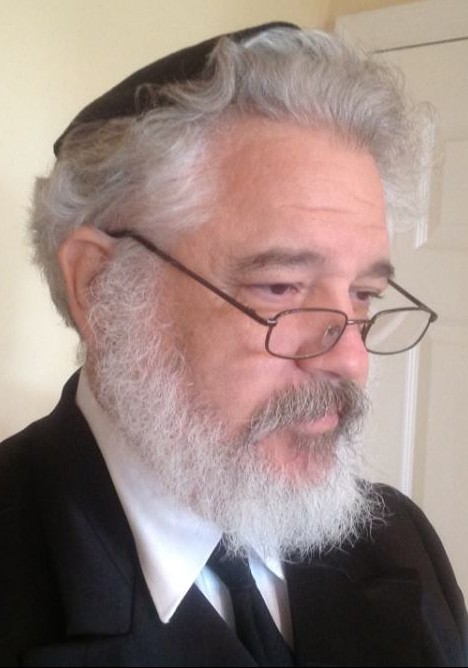RABBINOPHOBIA - FEAR OF THE RABBIS
| Author | |
| Date Added |
R. Steve Bernstein
Dec 2016
Let us get one thing straight from the outset. The reason the Jewish people did not accept Yeshua the Messiah, 2000 years ago, is because Hashem would not let them. This is spelled out very clearly in Romans 11. There is no reason to fear or reject rabbinic teaching for any believer in Yeshua.
Paul declared himself a Pharisee, which means he followed rabbinic teachings and directives. Yeshua said they sit in the seat of Moses, be careful to do everything they say, (He then rejected their behavior, not their teachings.) Gamliel himself, Nasi of the Sanhedrin, warned not to go after the believers in Yeshua in Acts 15, basically he stayed neutral.
In prior blogs, we have discussed the idea that the traditions of the elders are not the same thing as the teachings of the rabbis, the oral law. So, let us look for a minute at some of the instances with Yeshua himself that are often pointed out, incorrectly, as being in contention with the oral law.
A group of Pharisees chastised Yeshua because the disciples did not wash their hands before eating. In Talmud Bavli 52b, there is an argument between Hillel and Shammai. Shammai says that one must always wash your hands to be ritually clean before eating. Hillel points out that there is no such requirement in Torah, ritually clean hands are only required when eating Teruma, food, dedicated to the Temple. Hillel wins the argument. Yeshua supports the position of the oral law against the position of Shammai.
There are 2 questions about work on Shabbat in the Gospels. The disciples work so that they can eat grain on Shabbat, and Yeshua heals a blind man on Shabbat. The oral law is quite clear on both of these instances, feeding the hungry on Shabbat is an imperative. Work done to feed the hungry does not violate Shabbat. Healing life and limb on Shabbat is an imperative work must be done to heal life and limb. This can be found in the Kitsur Shulchan Aruch Siman 92. Again, Yeshua upholds oral law against challenges made by students of Shammai.
It is important to remember that the Sanhedrin was controlled by the Pharisees. Violation of the rabbinic interpretation of Torah was considered violation of Torah. There was no separation between written and oral law. We must consider Mark 14:55. During Yeshua’s mock trial, the Sadducees tried everything they could to convince the Pharisees to convict Yeshua. But they could not find anything to convict him. Why not? Because, Yeshua followed the Pharisaic, rabbinic, interpretation of Torah exactly. Yeshua followed the oral law. In the end, the only thing that could be found to convict Yeshua, was the fact that Yeshua declared himself to be the Messiah. There was then no actual conviction, there was then no actual trial, but the Sadducees carted Yeshua off to Pontius Pilate to be crucified. Consider that the Sanhedrin had had agents following Yeshua for years, and yet they could find nothing to convict him. Yeshua followed Pharisaic oral law.
Tue, November 4 2025
13 Cheshvan 5786
This week's Torah portion is Parshat Vayera
| Shabbat, Nov 8 |
Candle Lighting
| Friday, Nov 7, 5:23pm |
Havdalah
| Motzei Shabbat, Nov 8, 6:31pm |
SERVICES & STUDIES
Adult Education Class - Shabbat 9:45am
Shabbat Service - 11:15am
Schul Events
Community Events

Rabbi Doctor Steven Bernstein zt"l
Members & Guests
We are so very grateful to Villas Wesleyan Church for opening their doors to us so we can continue having services while looking for our own building.
We need to be excellent guests and this takes every one of us to accomplish, so here are some gentle reminders:
We will have kiddish lunch / nosh as usual – watch for posted signs for where to set food
Bring your own coffee
Nursery facilities are available plus there’s a changing table in the lady’s restroom – whoever uses them is responsible for pick up, disinfecting, and removing trash
Everyone needs to clean up after themselves and their children
We need helpers for break down (move furniture back into position, wipe down surfaces, take out trash)
MANY HANDS MAKE LIGHT WORK! THANK YOU
- Home |
- Map & Address |
- Donate
Privacy Settings | Privacy Policy | Member Terms
©2025 All rights reserved. Find out more about ShulCloud
